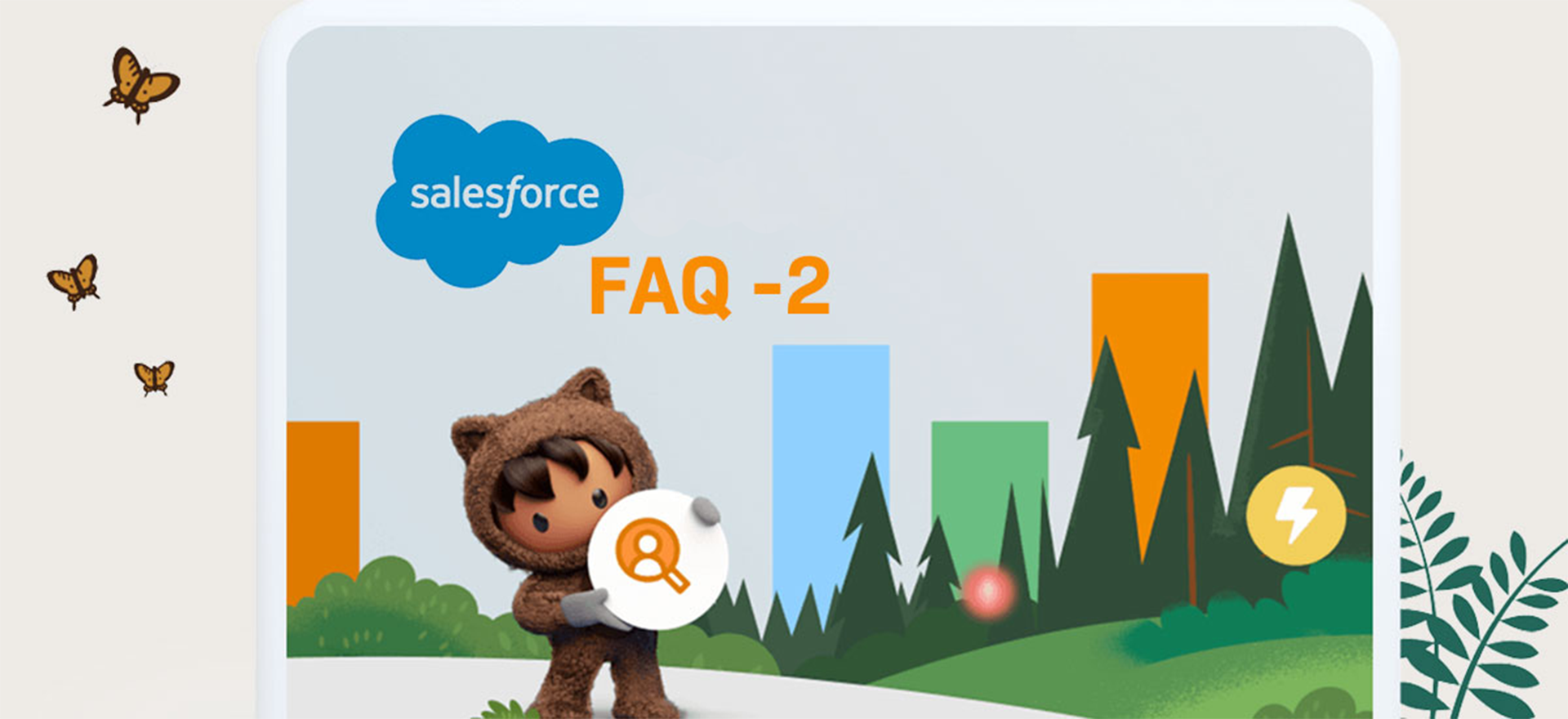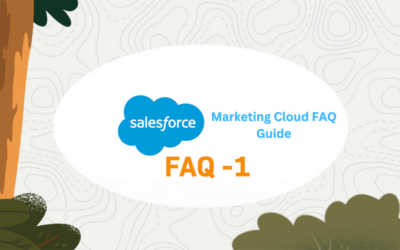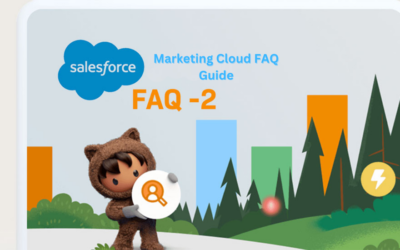When it comes to hiring a Salesforce Marketing Cloud Administrator, finding the right fit goes beyond a standard interview. You need someone who not only understands the platform but can also navigate its intricacies effectively. To help you in this quest, we’ve compiled a list of 20 essential interview questions. These questions will help you gauge a candidate’s expertise, problem-solving abilities, and strategic thinking. Whether it’s email marketing, automation, or data management, these questions cover it all. So, let’s dive in and ensure you find the perfect candidate to drive your marketing efforts to new heights. To assist you in identifying the best fit for your team, we’ve compiled a list of the top 20 interview questions part-2 along with their comprehensive answers.
- Could you outline the steps you take to set up a personalized, triggered email series for abandoned cart recovery?
Answer: First, define triggers based on cart abandonment. Then, I craft a series of timely, personalized emails highlighting the abandoned items and benefits.
- How do you set up a transactional email in Salesforce Marketing Cloud?
Answer: Transactional emails are essential for immediate, personalized communication. I’d create a triggered send definition, map data attributes to dynamic fields, and integrate the sending process with the appropriate event or API trigger.
- What are Data Filters, and how can they be utilized in Salesforce Marketing Cloud?
Answer: Data Filters are used to segment data within a data extension based on specified criteria. I’d employ them to create targeted audiences for campaigns, ensuring that only relevant contacts receive tailored messages.
- How do you implement a dynamic email content strategy using AMP script in Salesforce Marketing Cloud, and what are the benefits of doing so?
Answer: AMP script allows dynamic content personalization in emails. By embedding AMP script code within email templates, you can pull in data from data extensions or subscriber attributes, ensuring that each recipient receives tailored content. Benefits include increased engagement and relevance.
- What is the purpose of Data Designer in Salesforce Marketing Cloud, and how does it improve data management and segmentation capabilities?
Answer: A Data Designer provides a visual representation of data relationships, helping administrators understand data structure and relationships between data extensions. It simplifies data management and allows for more precise segmentation by enabling data extensions to be linked together.
- In Salesforce Marketing Cloud, what are Mobile Push Notifications, and how can they be used to engage mobile app users effectively?
Answer: Mobile Push Notifications are push notifications sent to mobile app users. To engage users effectively, integrate Mobile Push SDK within your mobile app. Utilize these notifications to deliver personalized content, promotions, and alerts based on user preferences and behaviors.
- How can you troubleshoot and address email deliverability issues in Salesforce Marketing Cloud, particularly when emails are landing in spam folders?
Answer: To troubleshoot deliverability issues, start by reviewing sender authentication (DKIM, SPF) and sender reputation. Check email content for spam triggers, monitor bounces and complaints, and maintain a clean subscriber list. Utilize Marketing Cloud’s Email Deliverability Dashboard for insights and improvements.
- What are the different types of tracking options available for email sends in Salesforce Marketing Cloud, and how would you use them to analyze email performance?
Answer: Salesforce Marketing Cloud offers various tracking options, including open tracking, click tracking, and unsubscribe tracking. I would enable these options when setting up an email sent to gather data on recipient engagement. Analyzing these metrics provides insights into email performance and helps optimize future campaigns.
- In Salesforce Marketing Cloud, what is the purpose of the Data Extract activity in Automation Studio, and how would you use it to export data for external reporting or analysis?
Answer: The Data Extract activity in Automation Studio is used to export data from Marketing Cloud to external locations, such as an FTP server or a cloud storage service. To use it, I would create a Data Extract Definition, specifying the data extension and file format. This allows me to schedule data exports for reporting or analysis outside of Marketing Cloud.
- What is the purpose of a Send Classification in Salesforce Marketing Cloud?
Answer: Send Classifications are used to define email properties like sender profiles and delivery profiles, ensuring consistent email formatting and sender identities across campaigns.
Conclusion
The 20 questions provided in this article are tailored to evaluate a candidate’s depth of knowledge, problem-solving skills, and ability to adapt to the dynamic landscape of digital marketing. With these questions in your arsenal, you can dissect a candidate’s understanding of Salesforce Marketing Cloud, from data segmentation to email personalization and automation.
As you embark on your quest to find the ideal Marketing Cloud Administrator, remember that this role bridges the gap between technology and creativity. Beyond technical prowess, they need to envision and execute marketing strategies that resonate with the target audience. By utilizing these questions, you’re equipped to identify the individual who will not only manage the platform effectively but also drive your marketing initiatives to unparalleled success. So, use these questions as a guide to unearth the best talent and propel your marketing efforts to new heights. To learn more about how CRM Force can assist, Contact us today.





